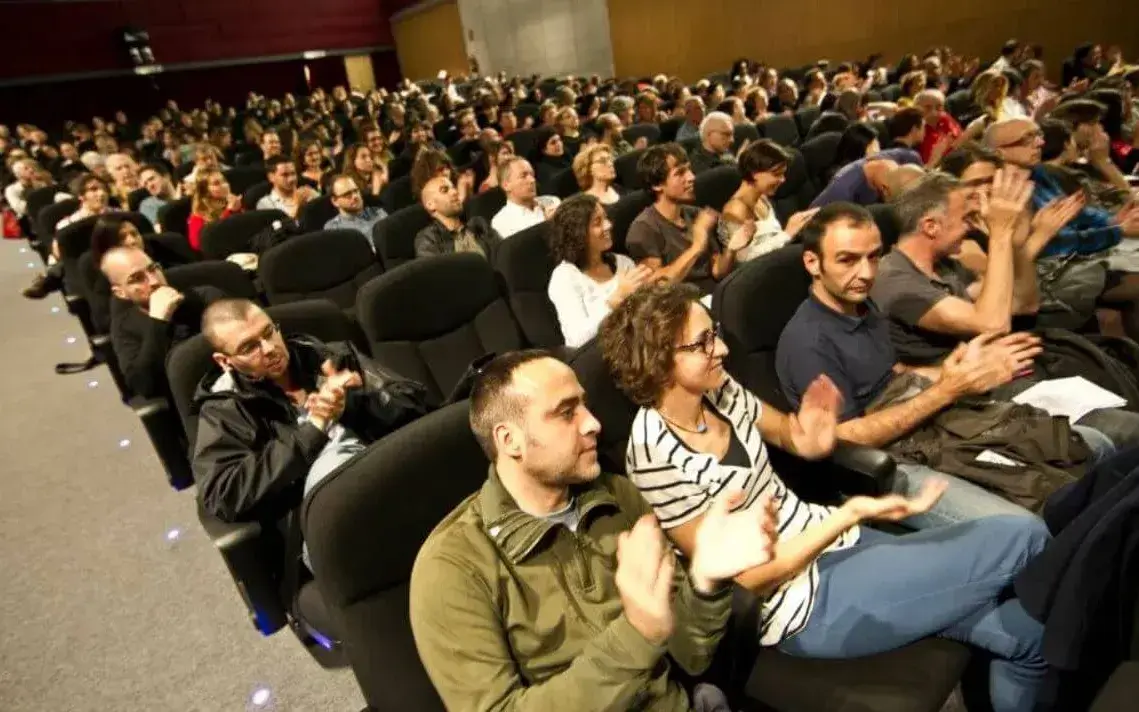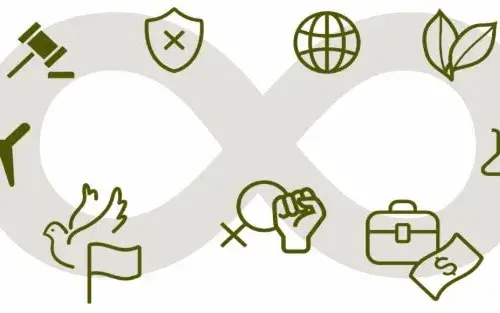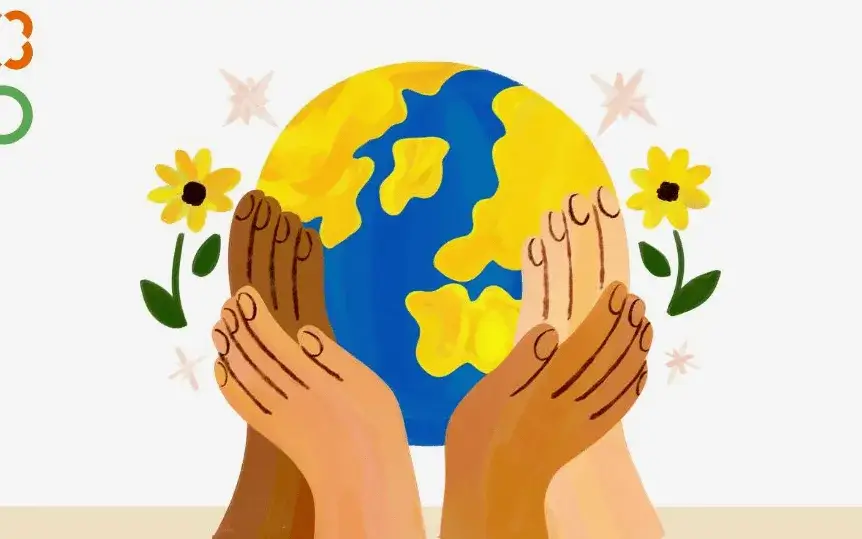SETEM Catalunya’s campaign on “Fair Electronics” offers a critical approach to today’s technology and the way it is produced and consumed.
We spoke with Claudia Bosch and Judith Talvy, technicians of the Fair Electronics campaign at SETEM Catalunya in order to know what are the purposes of the social congress which took place in Barcelona and also on-line from 27th February to 2nd March. As Claudia Bosch says, it was conceived to counter the 'Mobile World Congress' because at the latter, "the environmental and social problems caused by technology are often neglected".
Therefore, this congress aimed at being an open space for citizens to learn about alternative models and projects that are based on technology sovereignty, sustainability and the benefits for society.
In words of Claudia Bosch,"in a context of climate crisis, care crisis and health crisis, and dragging two years of pandemic that have increased the demand for electronic devices for telecommuting, and have accelerated the digitization plans of states and companies, it is essential to continue to provide a critical view of the dark side of the electronics sector".
In each edition, a variety of hot topics are discussed around these issues, firstly explaining the current consequences of technology and the mining of minerals, consumerism and non-renewable energies, and secondly to explore innovative initiatives and projects that are environmentally friendly making a responsible use of resources, respecting the rights of people and territories for a technologies that are fairer.
They talked about the labour conditions of factory workers, the impacts of large corporations like Amazon, the impact of mining of certain minerals on the environment, consumerism and the mass surveillance used by some states and companies through the use of new technologies.Talvy and Bosch, warn that "it is time to question the environmental viability of production and our compulsive purchase of phones and electronics. We need to be aware of our consumerism and the responsibility it entails, as well as the power we have as buyers to build a fairer electronic model."
Program of the MSC
Panellists included activists, engineers, professors, lawyers and other from around places like Taiwan, Greenwich, the US, the Philippines, Germany, UK and others.
The first day was held in Barcelona, in the Pou de la Figuera gardens, with an exhibition on fair electronics and a "restart party” to repair devices that have stopped working, and a swing concert.
Day 2 was on-line, with the opening of the Congress and talks on the semiconductor industry and union busting practices in the US and the Philippines from Lennon Wong from Serve the People Association, Peter Palwicki from Electronics Watch and Chris Smalls from the Amazon Labor Union.
The third day was held in person at the Centre de Cultura i Memòria in Barcelona’s Born district and was devoted to reflecting on bad labour conditions in factories in Central and Eastern Europe, the myths of the green transition and the role of technology as an ally or an enemy.
This edition had expert guests from these fields and international organisations like Observatori del Deute en la Globalització (ODG), Observatori de Drets Humans i Empreses a la Mediterrània (ODHE) or AfricTivistes.







Add new comment